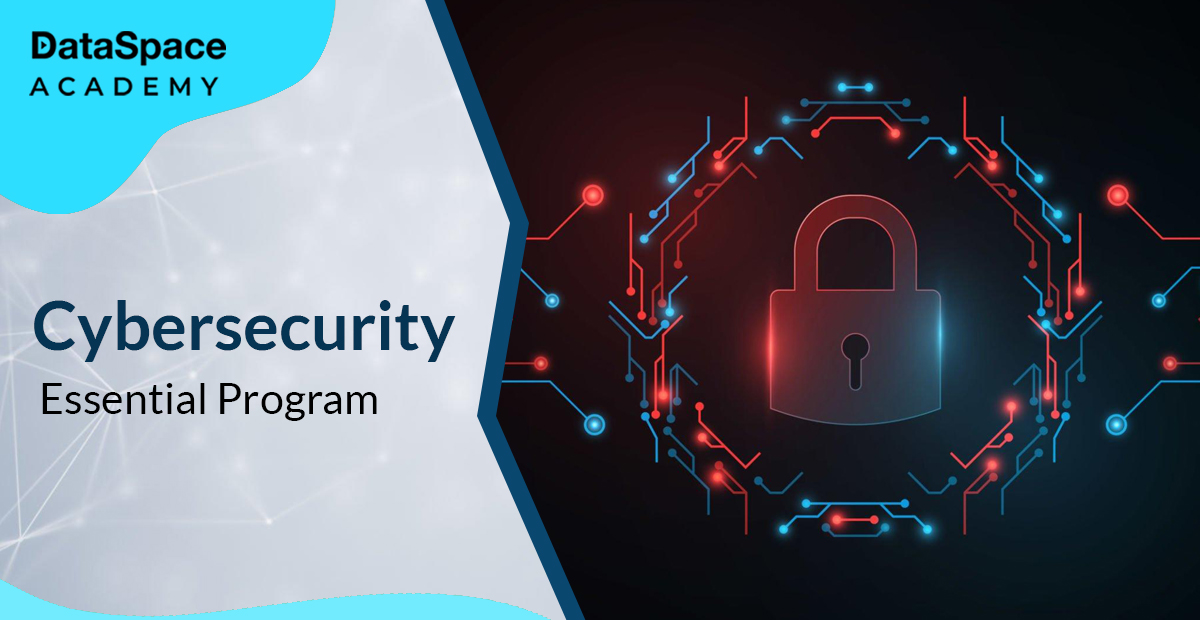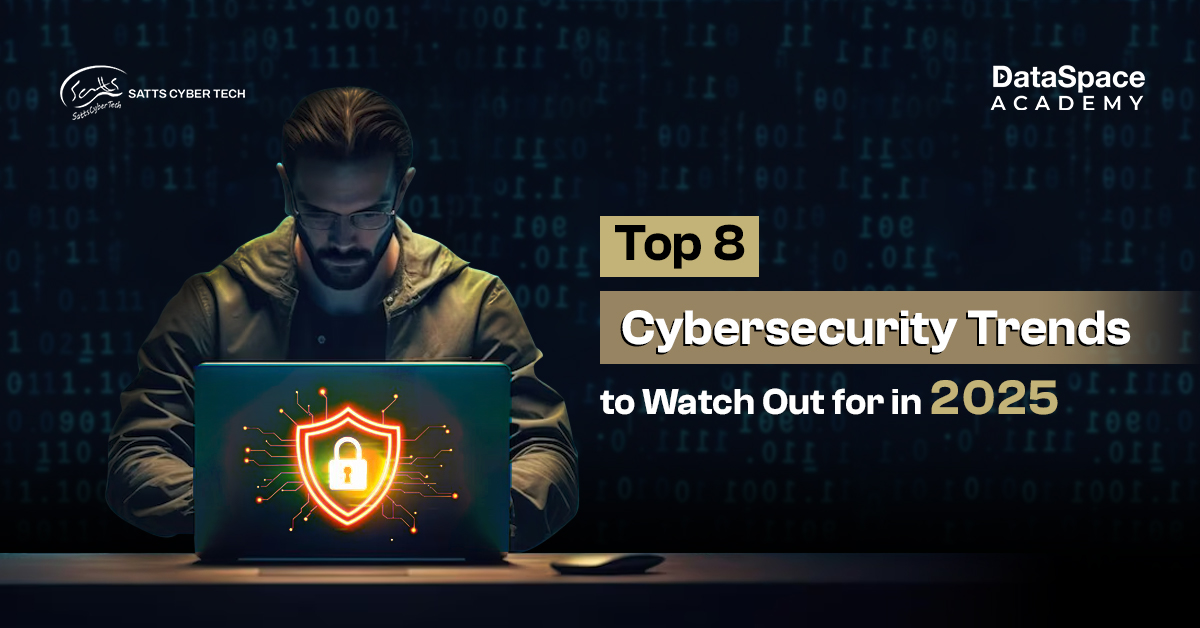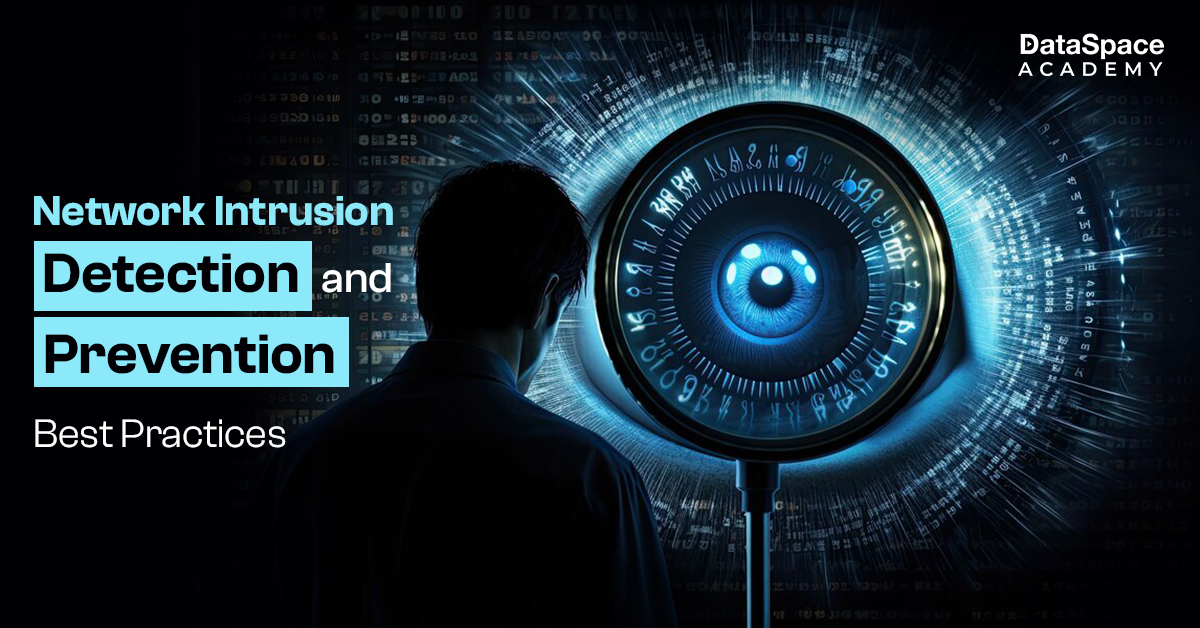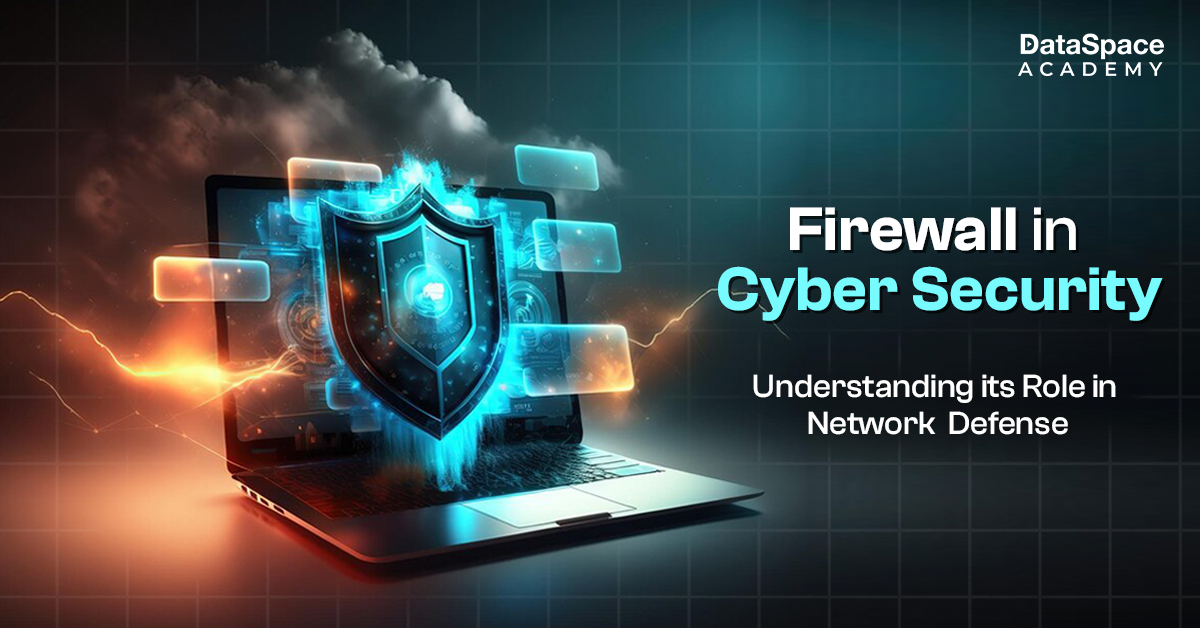How to Become a Cyber Security Analyst? A Detailed Guide
Last Updated : 07 Nov, 2024
 28.89K
28.89K

Introduction
Believe it or not, cybersecurity is undoubtedly a future-proof career!
As we advance into 2025, with complex cyber threats looming, the demand for cyber security analyst is expected to surge by nearly 3.5 million.
With cyber attacks reaching a new staggering height each passing year, organisations are proactively investing in strong security strategies for data protection. This trend has led to a significant demand for cyber security specialists, making it an excellent career choice. Whether you’re starting fresh or considering a career change, this field offers competitive salaries, diverse specialisation areas, and ample growth potential.
This guide will walk you through the steps of becoming a cybersecurity analyst, covering essential education, skills, career paths, and more.
What does a cyber security analyst do?
A cybersecurity analyst acts as a vigilant guardian, safeguarding sensitive organisational information and ensuring the integrity and availability of critical systems. They play a pivotal role in securing an organisation’s digital infrastructure and fostering a culture of security awareness among employees. They often collaborate with IT teams to enhance security protocols and respond to incidents swiftly.
Also, with hackers continuously evolving their tactics, it’s essential for security analysts to stay updated on the latest security trends and threats.
Demand for cybersecurity analysts
Cybersecurity is a fiercely competitive industry. All credit goes to the sharp uptick in cyber breaches that have cost companies (small or giant) a fortune. This vulnerable scenario has fuelled the demand for skilled cyber security analysts worldwide.
Let’s uncover some potential reasons behind the rocketing demand for cybersecurity analysts:
- With the accelerated adoption of connected devices, laptops, smartphones, smart home technologies, and in-car systems, there is now more potential weak spots prone to cyber threats.
- Data has become a critical asset, attracting cybercriminals who aim to misuse it, necessitating skilled combat cyber force.
- Businesses are embracing cloud computing for its scalable, flexible, and economical benefits. Yet, cloud adoption demands a strong focus on security to mitigate risks like unauthorised access and data breaches.
- As regulations grow more complex, the demand for cybersecurity analysts is soaring. These professionals ensure compliance, foresee threats, and develop safeguards to keep organisations legally secure.
Roadmap to become a cybersecurity analyst
Here we present a comprehensive step-by-step roadmap to help you become a certified cyber security analyst.

1. Solid Foundation in IT & Networking
Gain a basic understanding of networking concepts like IP addresses, firewalls, and TCP/IP. You must also have a solid understanding of Operating Systems like Windows, Linux, and MacOS.
2. Enroll in a Certification Course
Cyber security is fast gaining momentum as a potential career option, leading to multiple cybersecurity courses online and offline. Enroll in an industry-leading comprehensive cybersecurity course to master the security skills and tools.
3. Learn Essential Skills
Familiarise yourself with security tools such as SIEM, firewalls, and antivirus solutions. Understand threats like phishing, malware, and social engineering, and learn how to prevent them. Plus, build strong skills in Python, Bash, and PowerShell to automate tasks and analyse data efficiently.
4. Develop Hands-on Experience
Hands-on experience is one of the essential cyber security analyst requirements which you can gain through internship projects. You can also apply for entry-level roles such as Junior Cybersecurity Analysts, Network Administrator, or IT support.
5. Apply for Global Certifications
Cybersecurity Analysts holding global certifications earn a higher package than the non-certified (global) competitors. After you gain around 1-2 years of experience in cybersecurity, apply for global certifications such as CEH, C|PENT (by EC-Council) or CompTIA Certifications. These esteemed certifications renders a competitive edge to yor resume and accelerates your demand all across the world.
6. Invest in consistent learning
If you want to stay job-ready in the competitive cybersecurity industry, then keep yourself updated with the latest trends in threats and security. In that case, joining cybersecurity communities, seminars, webinars, and scrolling cybersecurity news portals would be immensely helpful.
Skills needed to be a cybersecurity analyst
What to learn to become a cyber security analyst is a common query among aspirants. In order to excel as a sought-after cybersecurity analyst, it’s important to acquire a balance of technical expertise and interpersonal abilities, including the following:

Future prospects of building a career in cybersecurity
The cybersecurity field is poised for immense growth in 2025 and beyond, driven by increasing cyber threats and the expanding digital landscape. Professionals can expect abundant opportunities across sectors, with high demand for skills in ethical hacking, cloud security, and AI-driven threat detection. Career prospects are definitely brighter for deserving candidates, offering both a generous package and job stability.
Conclusion
Becoming a cybersecurity analyst is a rewarding journey that requires dedication and the right skill set. The certified ethical hacker certification plays a pivotal role in equipping professionals with the expertise to tackle security threats effectively. This specialised course is now AI-powered for the new-age cyber security analysts to launch a promising career in this ever-evolving competitive field.
 28.89K
28.89K




































































































